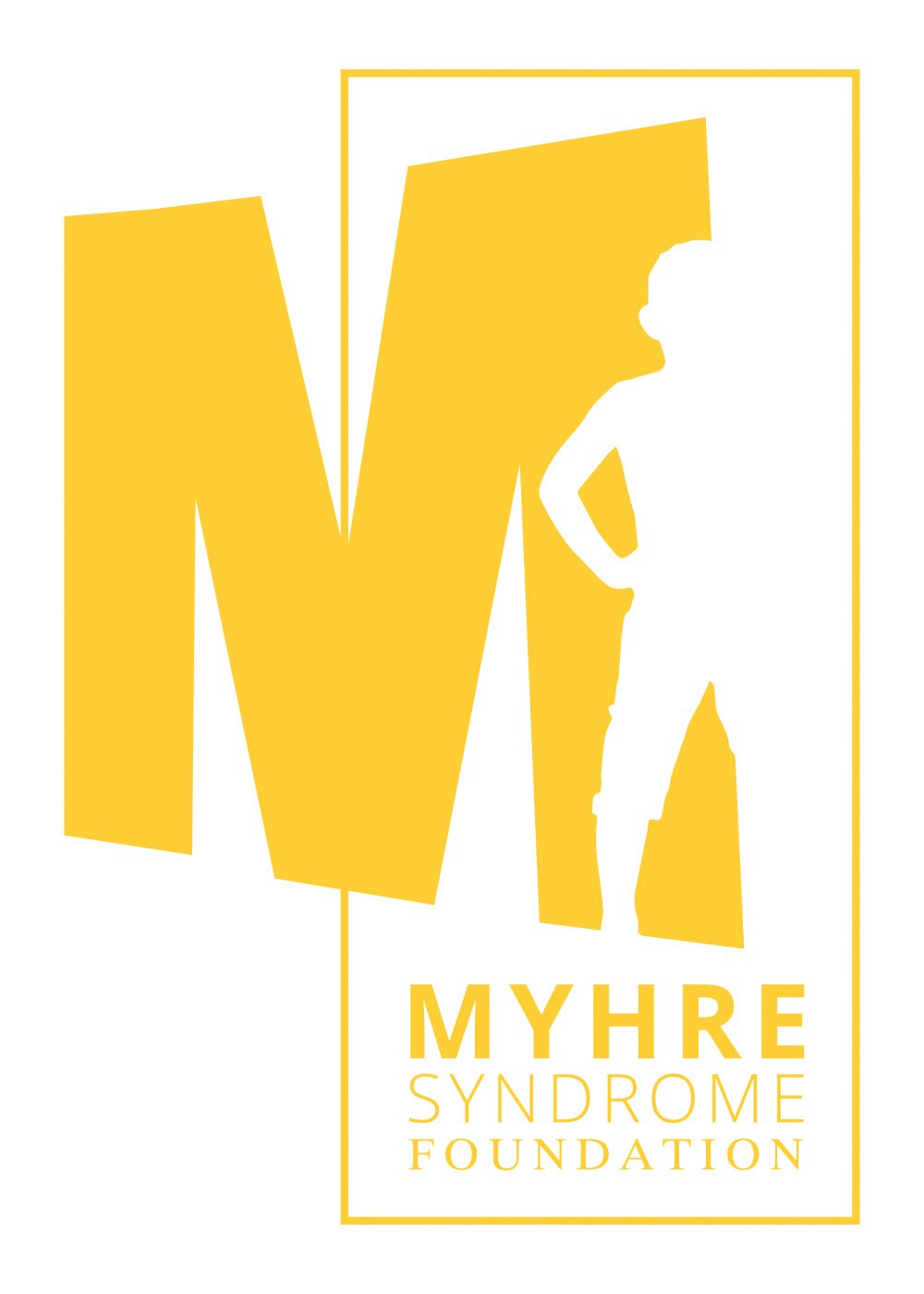Sharing Samples: Fueling Medical Breakthroughs
Collecting patient data and collecting samples allows researchers to study Myhre syndrome thoroughly and discover drugs and therapies for its treatment and cure.
At the 2024 International Myhre Family Conference, we collected over 30 samples from people with Myhre and their siblings. We are indebted to them for advancing research and knowledge about Myhre syndrome. To learn how Myhre syndrome progresses, we need to collect new samples each year from our cohort. If you have given a sample or want to give your first sample, you can visit one of the roadshows below.
Read more about COMBINEDBrain, our biobank partner, and the process below. If you have questions or would like to attend a roadshow, please email Mary Young, who will help you with the pre-registration requirements at myoung@myhresyndrome.org
When researchers investigate a treatment, they begin work on preclinical studies. Preclinical means creating, monitoring, and testing in the lab to discover, prove, and determine what will work in a clinical trial (in a human body). Preclinical studies investigate whether the treatment or process works and is safe. Watch a video on the tools we’re implementing to advance Myhre syndrome research.
Preclinical testing can be done on animal models, where you can breed a fly, zebrafish, or mouse to have Myhre syndrome and monitor and test therapies on these models. Preclinical studies can also look at cells obtained via samples from someone with Myhre syndrome, such as blood, urine, saliva, and skin. Cell models are important because they allow scientists to see how Myhre cells behave and respond in the lab.
One example of this is collecting blood samples each year to identify biomarkers (a way to characterize and indicate Myhre). A good example of a biomarker in diabetes is the sugar levels in the blood. Biomarkers are used to evaluate the efficiency of a treatment and/or predict the evolution of the condition. To carry out work like this, we must collect patient samples.
“Myhre Syndrome Foundation has established a biorepository.
What is a biorepository? A place that stores biofluids (blood, saliva, urine, cerebrospinal fluid, etc) and tissue (skin biopsy, peripheral tissues).
Why donate? These stored items will be made readily available to interested researchers to facilitate research.
When can I donate? You can donate in conjunction with other clinical tests or independently.
How do I participate? If you are interested in participating, contact myoung@myhresyndrome.org”
— IRB Approved Communication
We have established a biorepository with our partners from COMBINEDBrain, who will collect and store samples. The independent nature of this biorepository is key. We want to attract more researchers to our mission and provide them with the tools to accelerate the science. Our Professional Advisory Board is eager and engaged in this approach, and it complements the ongoing work of our clinicians and researchers.
The process for giving samples is rigorous and adheres to all ethical and legal requirements. A key part of the process is that you understand your rights regarding data privacy, anonymity, and informed consent. If providing a sample is something you are interested in, we will provide you with a step-by-step process on what to expect. The process includes a virtual meeting with the biorepository team on the process and informed consent. At each stage, you will have time to consider your participation.
The independent nature of this biorepository is key. We want to attract more researchers to our mission and provide them with the tools to accelerate the science. Our Professional Advisory Board is eager and engaged in this approach, and it complements the ongoing work of our clinicians and researchers.

